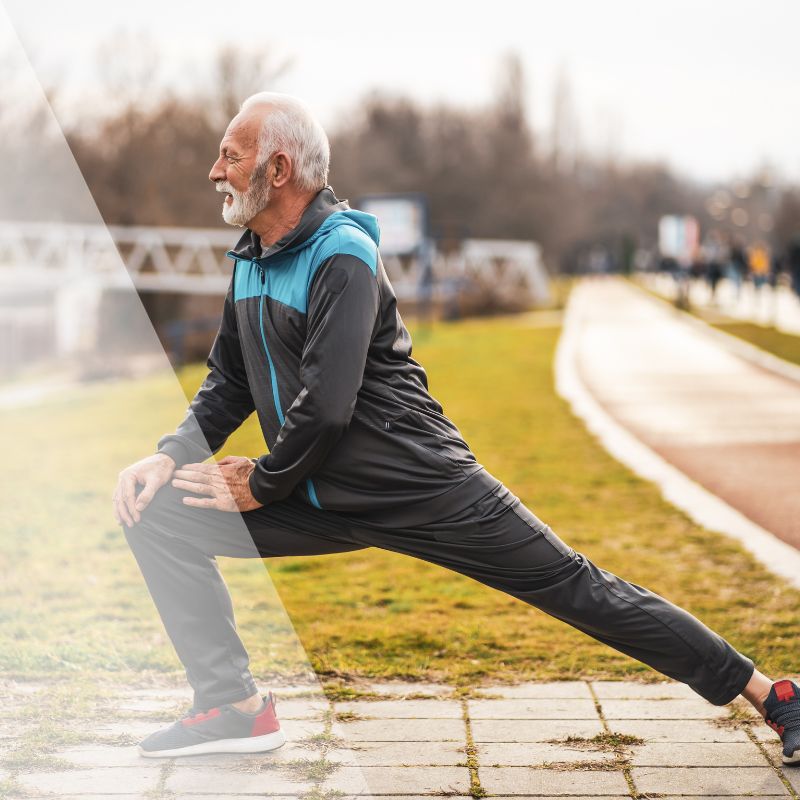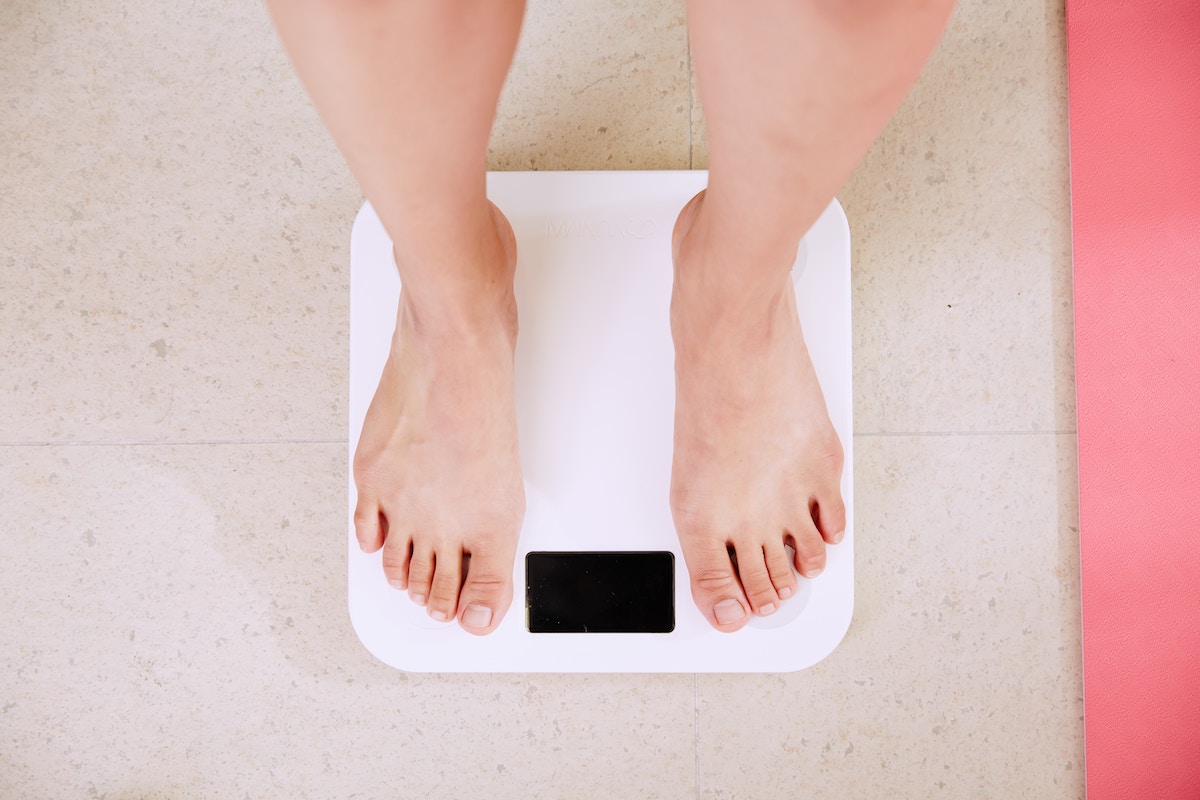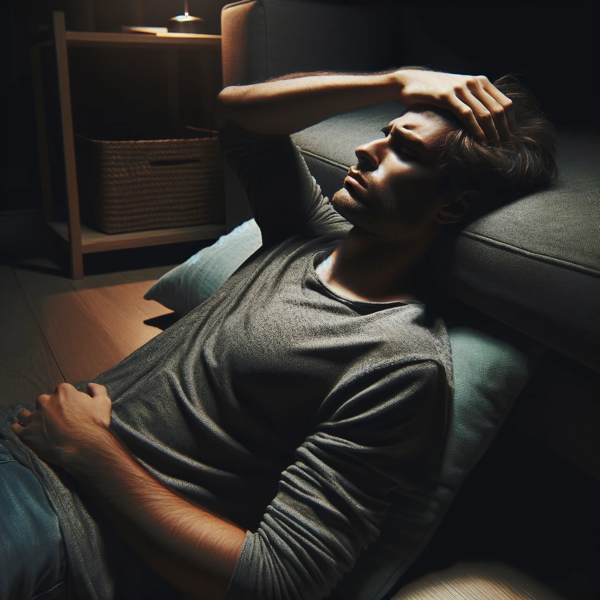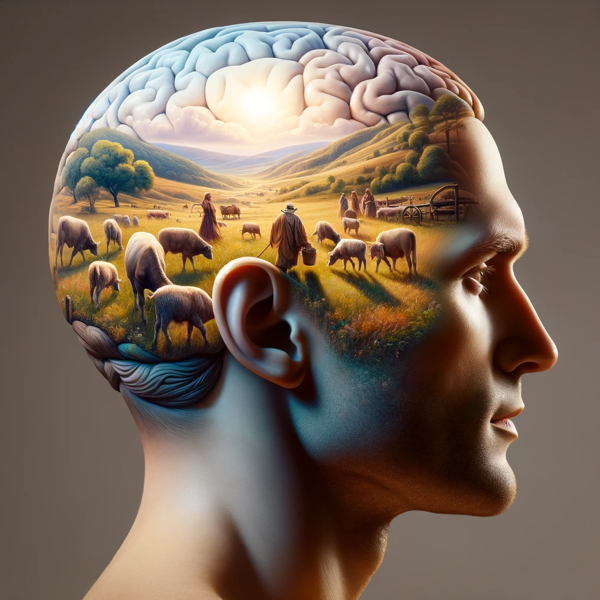Vitamin B12, a crucial nutrient for human health, is pivotal in many bodily functions. Its significance becomes particularly evident when we consider health issues like neuropathy, brain fog, the lingering effects of long-term COVID-19, metabolic processes, and immunity. However, despite its importance, many individuals face challenges in maintaining optimal levels of this vital vitamin. This blog post delves into the benefits of intramuscular vitamin B12 injections, offering a potential solution for those who struggle with these common health concerns.
You can schedule a FREE phone consultation to determine if B12 injections are right for you by clicking here.

Understanding Vitamin B12
Vitamin B12, also known as cobalamin, is essential for nerve tissue health, brain function, and the production of red blood cells. It’s a key player in DNA synthesis and repair and in the metabolism of both fatty acids and amino acids. A deficiency in vitamin B12 can lead to various health issues, including anemia, nerve damage, fatigue, and cognitive difficulties.
The body obtains B12 primarily through diet, with rich sources including meat, fish, dairy products, and fortified foods. However, certain conditions and lifestyle choices can impair B12 absorption. For example, individuals with gastrointestinal issues, vegans, and older adults often face challenges in maintaining adequate B12 levels.
Intramuscular Vitamin B12 Injections
Intramuscular (IM) vitamin B12 injections are a powerful alternative to oral supplements, particularly for individuals requiring more immediate and effective intervention. Administered directly into the muscle, these injections bypass the gastrointestinal (GI) tract, facilitating a higher rate of absorption and assimilation into the body. This method is especially beneficial for those with GI issues or conditions that impede the absorption of nutrients.
Key Advantages of IM B12 Injections:
Enhanced Absorption: Unlike oral supplements, IM injections do not depend on the digestive system for absorption. This is crucial for individuals with conditions like atrophic gastritis, Crohn’s disease, or celiac disease, where the absorption of nutrients in the GI tract is compromised.

Immediate Availability: The direct injection into the muscle allows for the B12 to be readily available for use by the body. This can be particularly important for addressing acute deficiencies or conditions that demand a rapid response, such as severe neuropathy or cognitive issues.
Customizable Dosage: IM injections can be tailored in terms of dosage, catering to the specific needs of the individual. This customization is a significant advantage for treating various conditions, including long COVID symptoms, where personalized treatment plans are essential.
Longer Lasting Effects: The effects of IM B12 injections can last longer compared to oral supplements, reducing the frequency of dosing and making it a convenient option for many.
Applications in Health Issues:
Neuropathy: For nerve damage and pain associated with conditions like diabetes, IM B12 injections can provide significant relief.
Brain Fog and Cognitive Health: In cases of cognitive impairment or brain fog, especially in older adults or those recovering from long COVID, these injections can offer a boost in mental clarity and function.
Metabolism and Energy: B12 plays a critical role in energy production. IM injections can help in cases of
metabolic disorders or in situations where increased energy levels are needed.

Immunity: Adequate levels of B12 are essential for a healthy immune system. IM injections can support immune function, particularly in individuals with compromised nutrient absorption.
Oral Vitamin B12 Supplementation
Oral supplementation is a common method for maintaining or increasing vitamin B12 levels, especially for those who may not get sufficient amounts from their diet. These supplements come in various forms, such as tablets, capsules, and liquids. They are generally considered safe and convenient, making them a popular choice for many.
However, the effectiveness of oral B12 supplements can vary significantly among individuals. The absorptionof vitamin B12 from the digestive tract can be a complex process, influenced by factors like gastric pH, the presence of intrinsic factor (a protein necessary for B12 absorption), and overall gut health. For instance, people with conditions like atrophic gastritis or pernicious anemia may find it difficult to absorb B12 efficiently through the gastrointestinal tract. Additionally, certain medications and age-related changes can further impede absorption.
 While oral supplements can be beneficial, especially for mild deficiencies or maintenance, they might not be the most effective solution for everyone. This is particularly relevant for individuals experiencing more severe B12 deficiencies or specific health issues like neuropathy or brain fog, where higher, more direct doses of B12 may be required.
While oral supplements can be beneficial, especially for mild deficiencies or maintenance, they might not be the most effective solution for everyone. This is particularly relevant for individuals experiencing more severe B12 deficiencies or specific health issues like neuropathy or brain fog, where higher, more direct doses of B12 may be required.
Comparing Different Types of Vitamin B12
Vitamin B12 is not a single compound but rather a collection of compounds known as cobalamins. Each type has unique characteristics and uses, making the choice of B12 type an important consideration in both oral supplementation and intramuscular injections.
Key Types of Vitamin B12:
Cyanocobalamin:
- The most stable and widely used form of B12 in dietary supplements and fortified foods.
- Once ingested, it is converted into the active forms of B12 (methylcobalamin and adenosylcobalamin) in the body.
- Often used in oral supplements due to its stability and cost-effectiveness.
Methylcobalamin:
- A naturally occurring form of B12 that is readily used by the body.
- Particularly effective in neurological health, making it a preferred choice for addressing issues like neuropathy and cognitive impairments.
- Commonly used in intramuscular injections for its direct bioavailability and therapeutic effects on the nervous system.
Hydroxocobalamin:
- Naturally produced by bacteria and available in many foods.
- Known for its longer-lasting effect in the body and is commonly used in injection form, especially in Europe.
- Effective in detoxifying the body, as it binds to toxins and helps in their excretion.
Adenosylcobalamin:
- The least stable but a highly active form of B12 in the human body.
- Plays a crucial role in cellular energy production and is therefore important for metabolism.
- Less commonly used in supplements due to its instability but is critical for internal cellular processes.
Choosing the Right Type of B12:
The selection of the appropriate form of B12 depends on several factors, including the individual’s specific health needs, absorption capabilities, and the intended health benefits. For example, methylcobalamin is often preferred for neurological conditions and is typically used in intramuscular injections for its rapid action and effectiveness.
Clinical Evidence Supporting Intramuscular B12 Injections
The efficacy of intramuscular vitamin B12 injections has been the subject of various studies, highlighting their benefits in different health conditions. Here, we explore some key findings:
1. Neuropathy and Neurological Function:
A study published in the Journal of Neurology found that intramuscular injections of methylcobalamin significantly improved symptoms in patients with diabetic neuropathy. Patients reported reduced pain and improved nerve function.
Another research indicated the potential benefits of B12 injections in improving cognitive function in elderly patients with B12 deficiency, suggesting a role in combating brain fog and cognitive decline.
 2. Long COVID and Fatigue:
2. Long COVID and Fatigue:
Research in the field of post-viral syndromes has shown that B12 injections can aid in the recovery from long COVID, particularly in alleviating fatigue and improving energy metabolism.
3. Immune System Enhancement:
A study in the Journal of Immunology reported that adequate B12 levels, maintained through injections, were crucial in sustaining a healthy immune response, particularly in individuals with absorption issues.
4. Metabolic Health:
Clinical evidence suggests that B12 injections can play a role in improving metabolic functions, especially in cases of metabolic syndromes and B12 deficiency-induced anemia.
These studies underscore the potential of intramuscular B12 injections as a therapeutic tool in managing various health conditions, especially where traditional oral supplementation falls short. It is important to note that while these findings are promising, they should be viewed as part of a comprehensive health approach, ideally under healthcare professionals’ guidance.
In summary, while oral vitamin B12 supplements play a valuable role in maintaining general health, intramuscular B12 injections offer a more potent solution, especially for individuals grappling with specific health issues like neuropathy, brain fog, long COVID symptoms, metabolic imbalances, and weakened immunity. The direct delivery method of these injections ensures higher absorption and immediate availability, making them a game-changer in therapeutic interventions. It’s important to remember that the choice of B12 supplementation – whether oral or intramuscular and the type of B12 used – should be tailored to individual health needs and conditions. As always, such decisions should be made in consultation with healthcare professionals who can provide personalized advice based on one’s unique health profile. Embracing the right B12 supplementation strategy can significantly enhance health and well-being.
Carrie J. Graves
References
Smith, A. D., & Refsum, H. (2016). Homocysteine, B Vitamins, and Cognitive Impairment. Annual Review of Nutrition, 36, 211-239.
Johnson, L. E. (2017). Vitamin B12 and Cognitive Function: An Evidence-Based Analysis. Journal of Neurology, 264(9), 1913-1922.
Tanaka, T., & Tachibana, K. (2018). Methylcobalamin: A Potential Vitamin of Pain Killer. Neurological Sciences, 39(1), 139-144.
Green, R. (2017). Vitamin B12 and Homocysteine. Current Opinion in Clinical Nutrition and Metabolic Care, 20(6), 448-453.
Patel, M. (2019). Vitamin B12 in Health and Disease: A Review. Nutrition Research Reviews, 32(1), 12-20.





 2. Long COVID and Fatigue:
2. Long COVID and Fatigue:














